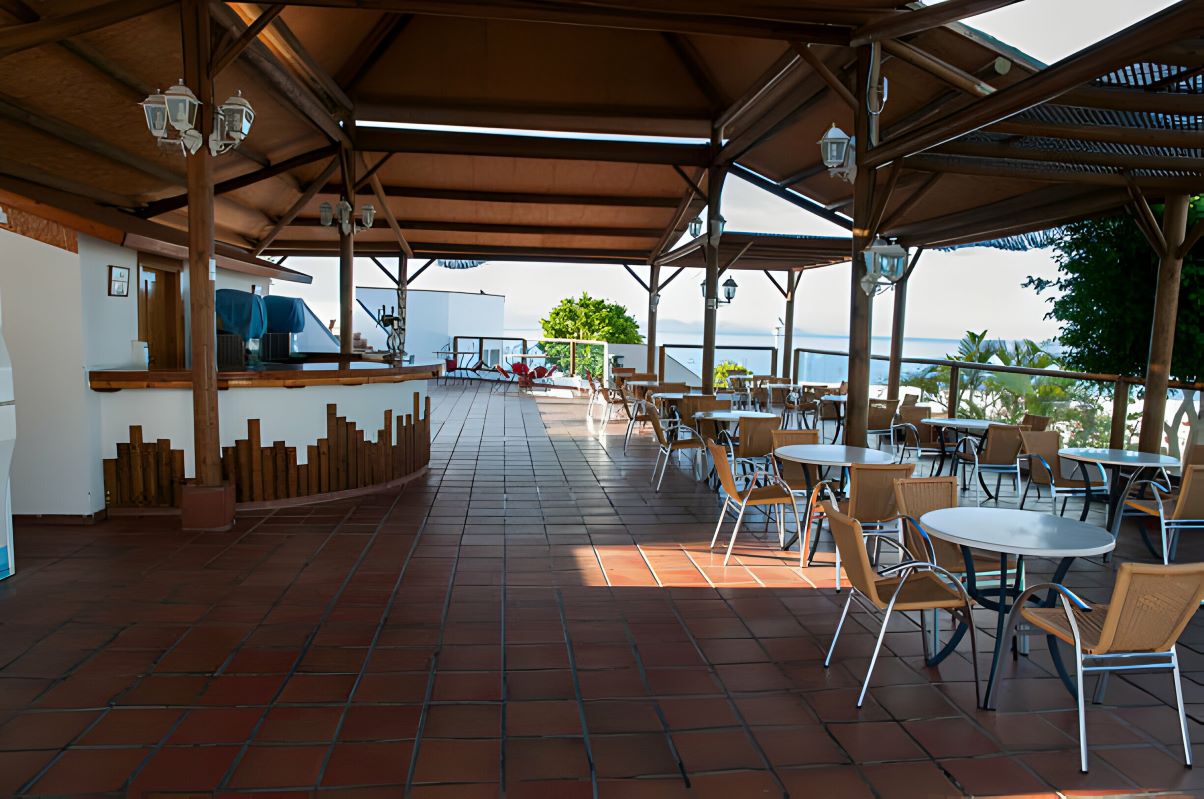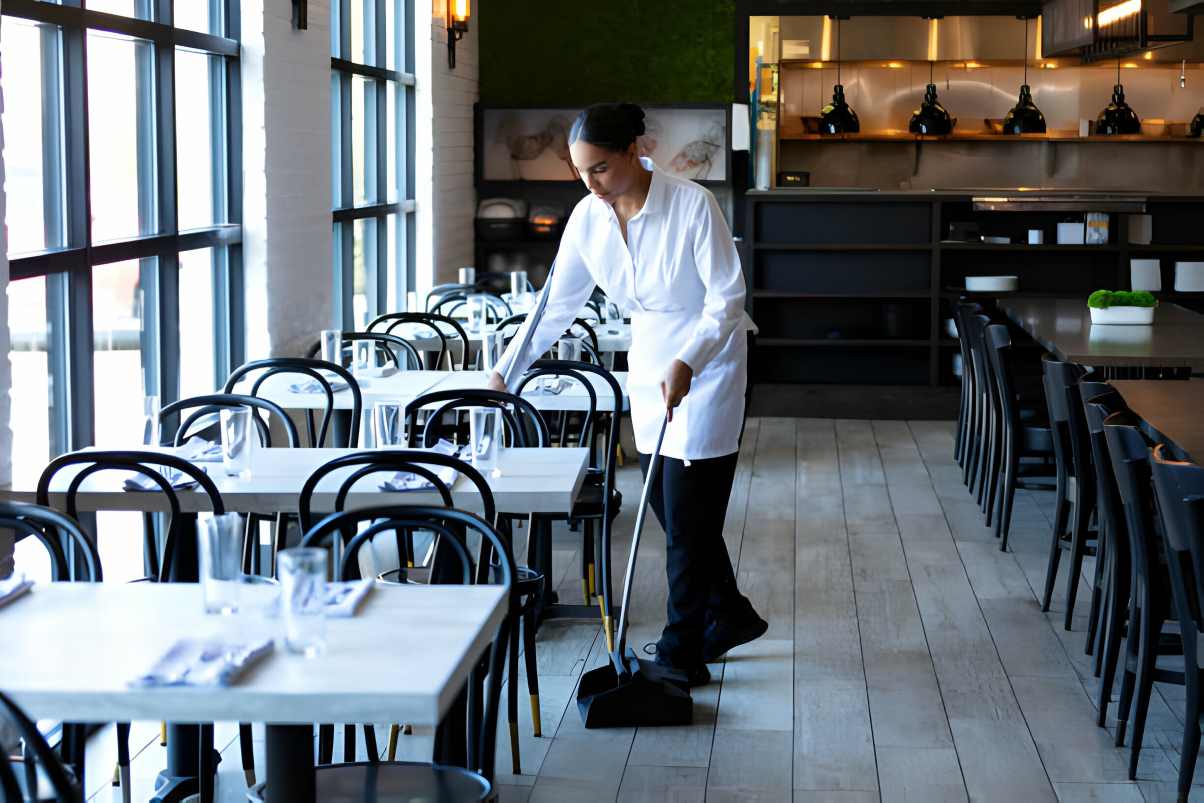
Thai Restaurants are more than just places to enjoy a meal; they are experiences that rely on ambiance, cleanliness, and functionality to create memorable moments for patrons. Behind the scenes, the seamless operation of a restaurant hinges on effective building maintenance services.
In this article, we will explore the vital link between building maintenance and restaurant success, examining how various aspects of maintenance, from cleanliness to safety, directly impact the overall dining experience and business performance.
Setting the Stage: The Importance of a Well-Maintained Environment
A well-maintained environment is the foundation of a successful restaurant. From the cleanliness of the exterior facade to the ambiance of the interior decor, every aspect of a restaurant’s physical space contributes to its overall appeal and influences patrons’ perception of the establishment.
Creating an Inviting Atmosphere
The first impression is crucial in the restaurant industry. A well-maintained environment sets the stage for a positive dining experience, enticing customers to step inside and indulge in culinary delights.
From exterior facades to interior decor, every aspect of a restaurant’s physical space contributes to its ambiance and overall appeal.
Enhancing Brand Image
Consistent maintenance reflects positively on a restaurant’s brand image. Customers associate cleanliness and orderliness with professionalism and attention to detail, factors that influence their perception of the establishment. A restaurant that prioritizes maintenance sends a message of quality and reliability, building trust and loyalty among patrons.
Upholding Hygiene Standards: The Role of Cleanliness in Food Safety

Upholding hygiene standards is paramount in the food service industry to ensure food safety and protect the health of customers and staff.
Cleanliness plays a crucial role in preventing contamination and foodborne illnesses by minimizing the risk of cross-contamination between surfaces, equipment, and ingredients.
Preventing Contamination
Maintaining impeccable cleanliness is paramount in the foodservice industry to prevent contamination and ensure food safety. Regular cleaning of kitchen equipment, surfaces, and utensils minimizes the risk of cross-contamination and foodborne illnesses, safeguarding the health of both customers and staff.
Compliance with Health Regulations
Adherence to hygiene standards and health regulations is not only a legal requirement but also a moral obligation for Thai restaurants.
Building maintenance services play a crucial role in maintaining compliance by implementing rigorous cleaning protocols, conducting regular inspections, and addressing any issues promptly to avoid fines or closures.
Ensuring Operational Efficiency
Ensuring operational efficiency in a restaurant is vital for seamless service delivery and customer satisfaction. Functional facilities, including reliable utilities and proactive maintenance practices, play a crucial role in achieving this goal.
By maintaining uninterrupted access to utilities such as electricity, water, and HVAC systems, restaurants can minimize downtime and disruptions, ensuring smooth operations.
Reliable Utilities
Uninterrupted access to utilities such as electricity, water, and HVAC systems is essential for the smooth operation of a restaurant.
Building maintenance services ensures that these utilities are functioning optimally, minimizing downtime and disruptions that could impact service quality and customer satisfaction.
Preventive Maintenance

Proactive maintenance practices, including routine inspections and preventive repairs, help identify potential issues before they escalate into costly emergencies.
By addressing maintenance needs promptly, restaurants can avoid unexpected breakdowns and maintain operational efficiency, preserving revenue and reputation.
Promoting Safety and Security: Mitigating Risks for Customers and Staff
Promoting safety and security in any establishment is paramount to ensuring the well-being of both customers and staff. In Thai restaurants, where various hazards exist, such as fire, slips and falls, and potential emergencies, it’s essential to implement comprehensive measures to mitigate risks effectively.
Fire Safety
Fire safety is a critical concern in restaurant operations, given the presence of open flames, cooking equipment, and combustible materials.
Building maintenance services encompass fire prevention measures such as regular inspections of fire suppression systems, proper storage of flammable materials, and training staff in fire safety protocols to mitigate risks and ensure a safe dining environment.
Emergency Preparedness
In addition to fire safety, building maintenance services play a vital role in emergency preparedness for other potential hazards, such as natural disasters or medical emergencies.
Establishing clear evacuation procedures, maintaining emergency exits, and equipping staff with first aid training and supplies are essential components of a comprehensive safety plan.
Preserving Assets: Maximizing Long-Term Value and Sustainability

Preserving assets through effective maintenance is crucial for maximizing long-term value and sustainability. By implementing regular upkeep practices such as painting, plumbing repairs, and structural maintenance, businesses can prolong the lifespan of their facilities and equipment.
Property Preservation
Effective building maintenance prolongs the lifespan of restaurant facilities and equipment, preserving assets and minimizing the need for costly repairs or replacements.
Regular upkeep, including painting, plumbing repairs, and structural maintenance, ensures that the property maintains its aesthetic appeal and functionality over time.
Sustainable Practices
Building maintenance services can also contribute to sustainability initiatives by implementing energy-efficient upgrades, water conservation measures, and waste reduction strategies.
By adopting environmentally friendly practices, Thai restaurants not only reduce their carbon footprint but also reap cost savings and enhance their reputation as socially responsible businesses.
Conclusion
The success of a restaurant depends on more than just the quality of its cuisine; it relies on the seamless integration of various factors, including building maintenance services.
From creating an inviting atmosphere to upholding hygiene standards, ensuring operational efficiency, promoting safety and security, and preserving assets, maintenance plays a critical role in every aspect of restaurant operations.
By recognizing the importance of building maintenance and investing in proactive upkeep, restaurant owners can enhance the dining experience for their customers, foster a positive brand image, and position their establishments for long-term success in a competitive industry.






